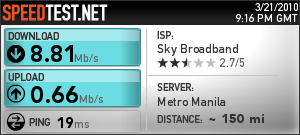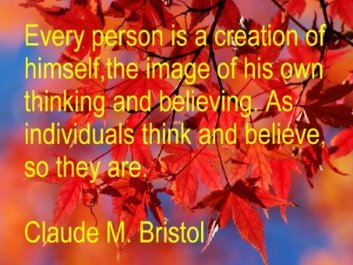What you eat or do not eat can protect you against cancer.
According to the British Medical Journal, diet is one of the most important lifestyle factors and has been estimated to account for up to 80 per cent of cancers of the large bowel, breast and prostate.
Researchers have suggested that 35 out of every 100 cancer cases might be prevented if people simply altered their diets.
While studying the effect of diets on cancer is a complicated process, a large-scale study has been doing just that since 1992.
The European Prospective Investigation into Cancer (EPIC) will be producing reports on diets and cancer over the next two decades.
Here's evidence to support the idea that eating your fruits and vegetables may be a good form of health insurance:
RED ONIONS
With their sweet flavour and rich colour, red onions can be eaten raw or cooked. They are rich in quercetin - a plant pigment that belongs to a class of compounds called bioflavonoids.
Quercetin is a powerful antioxidant (which protects against cell damage from free radicals) and antihistamine (which is given to reduce allergies).
And research shows it may also prevent cancer, especially of the prostate.
A combination of quercetin along with curcumin - the pigment in turmeric - has been shown to reduce the number of pre-cancerous growths in the intestinal tracts of people prone to such growths. Apples and spinach are also good sources of quercetin.
CHILLI PEPPERS
They do not merely spice up food. The peppery hot stuff can induce cancer cells to commit suicide - a process scientists call aptosis or cell death. Normal cells are programmed to self-destruct while cancer cells are not.
Researchers in California reported in March that capsaicin, the stuff that gives chilli peppers their zing, can shrink prostate cancer cells. The hot pepper component also reduced cancer cell production of PSA, a protein that is often produced in high quantities by prostate tumours.
Jalapenos and other chilli peppers are good sources of capsaicin, proof that healthy food need not be bland.

CARROTS
A carrot a day could keep the doctor away. Carrots derive their rich colour from beta carotene, which belongs to a class of compounds called carotenoids. They give fruit and vegetables their colours and are powerful antioxidants.
Diets high in fruit and vegetables that are rich in beta carotene have been shown to potentially reduce the incidence of cancers.
It is best to consume naturally occurring carotenoids from foods rather than supplements.

CRUCIFEROUS VEGETABLES
Your grandmother was right: Eat your cruciferous veggies. Studies associate these vegetables with lower risk of lung and colorectal cancer.
This is because they contain a variety of nutrients and phytochemicals that may work synergistically to stave off cancer.
Good examples are broccoli, brussels sprouts, cabbage, cauliflower, collard greens, kale, kohlrabi, mustard, arugula, horse radish, wasabi and watercress.

BERRIES
Research shows that berries are among the fruit highest in antioxidants and that they are excellent sources of phytochemicals that aid in blocking the growth of cancer cells. Many berries get their rich red colour from anthocyanins - a kind of phytochemical. In laboratory studies, anthocyanins have been shown to inhibit growth of lung, colon and leukaemia cancer cells without affecting growth of healthy cells.
They are also very good sources of vitamin C, so starting your day with a handful of juicy berries could be a good insurance policy against cancer.

GARLIC
Apart from imparting a rich flavour to almost anything on your plate, garlic contains allyl sulfur and other compounds that slow or prevent the growth of tumour cells. Peeling garlic and processing garlic into oil or powder - rather than cooking it immediately after peeling - can increase the number and variety of active compounds.
Researchers also suggest waiting for at least 15 minutes after you peel garlic before you cook it.
According to the National Cancer Institute in the United States, 28 out of 37 studies with allyl sulfur compounds showed that they had some cancer preventive effect. The evidence is particularly strong for a link between garlic and prevention of prostate and stomach cancers.

TURMERIC
Used extensively in Asian cooking, turmeric is known for its anti- inflammatory properties. Its brilliant yellow hue comes from curcumin - a phytochemical that is being studied for its anti-cancer effects as well.
According to University of Chicago scientists, curcumin inhibits a bacterium called H. Pylori which is associated with gastric and colon cancer.
The fresh turmeric root and its dried and powdered form are an integral part of South Asian cooking and studies show that levels of colorectal cancer are low in India and Sri Lanka.
Various studies have reported that curcumin reduces the number and size of existing tumours, and decreases the incidence of new tumour formation.



















































